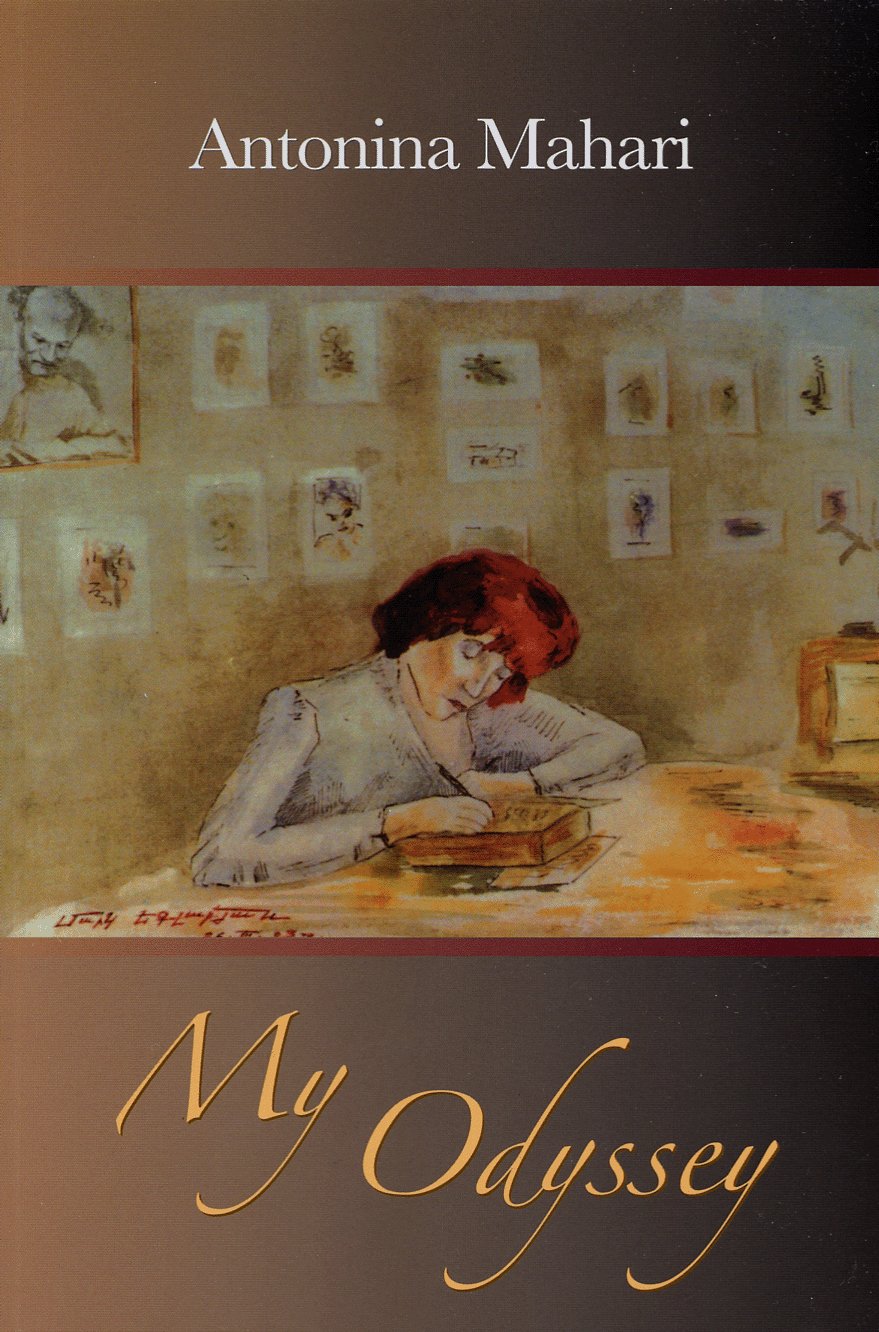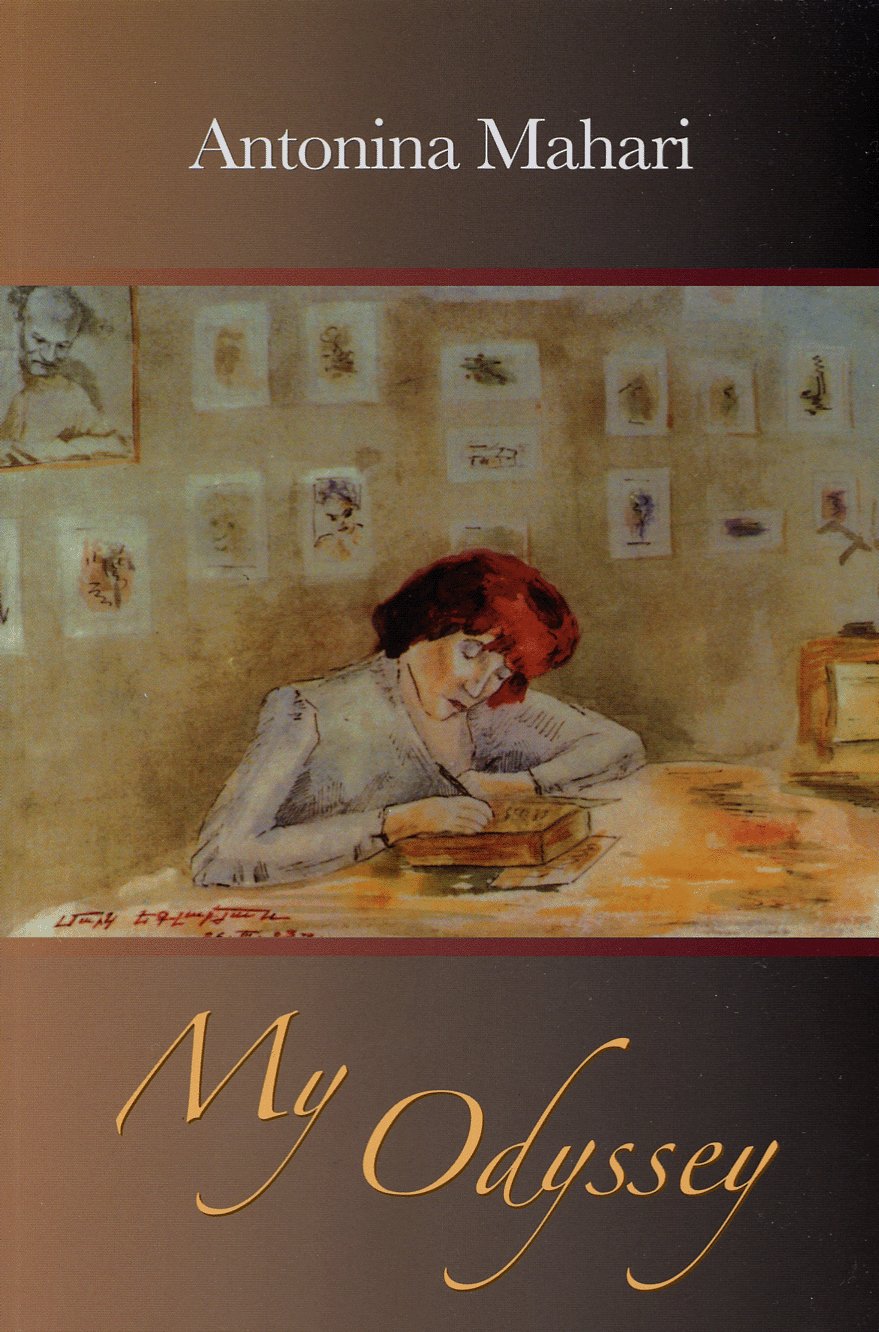By Antonina Mahari
Antonina Mahari's life represents the triumph of the human spirit over the tragic evils of twentieth-century totalitarianism. As a university student in her native Lithuania after World War II, Antonina was arrested, interrogated, and finally exiled to a Siberian labor camp, where she met and fell in love with a fellow prisoner, the Armenian poet Gurgen Mahari. With the death of Soviet dictator Joseph Stalin, she was released and moved with Mahari (now her husband) to Yerevan, where Armenia's complex intellectual atmosphere presented new challenges. This lively memoir is written with a mixture of humor, keen insight into people's strength and weakness, and a firm commitment to human dignity and justice.
- Gallery
- Description

By Antonina Mahari
Antonina Mahari's life represents the triumph of the human spirit over the tragic evils of twentieth-century totalitarianism. As a university student in her native Lithuania after World War II, Antonina was arrested, interrogated, and finally exiled to a Siberian labor camp, where she met and fell in love with a fellow prisoner, the Armenian poet Gurgen Mahari. With the death of Soviet dictator Joseph Stalin, she was released and moved with Mahari (now her husband) to Yerevan, where Armenia's complex intellectual atmosphere presented new challenges. This lively memoir is written with a mixture of humor, keen insight into people's strength and weakness, and a firm commitment to human dignity and justice.
